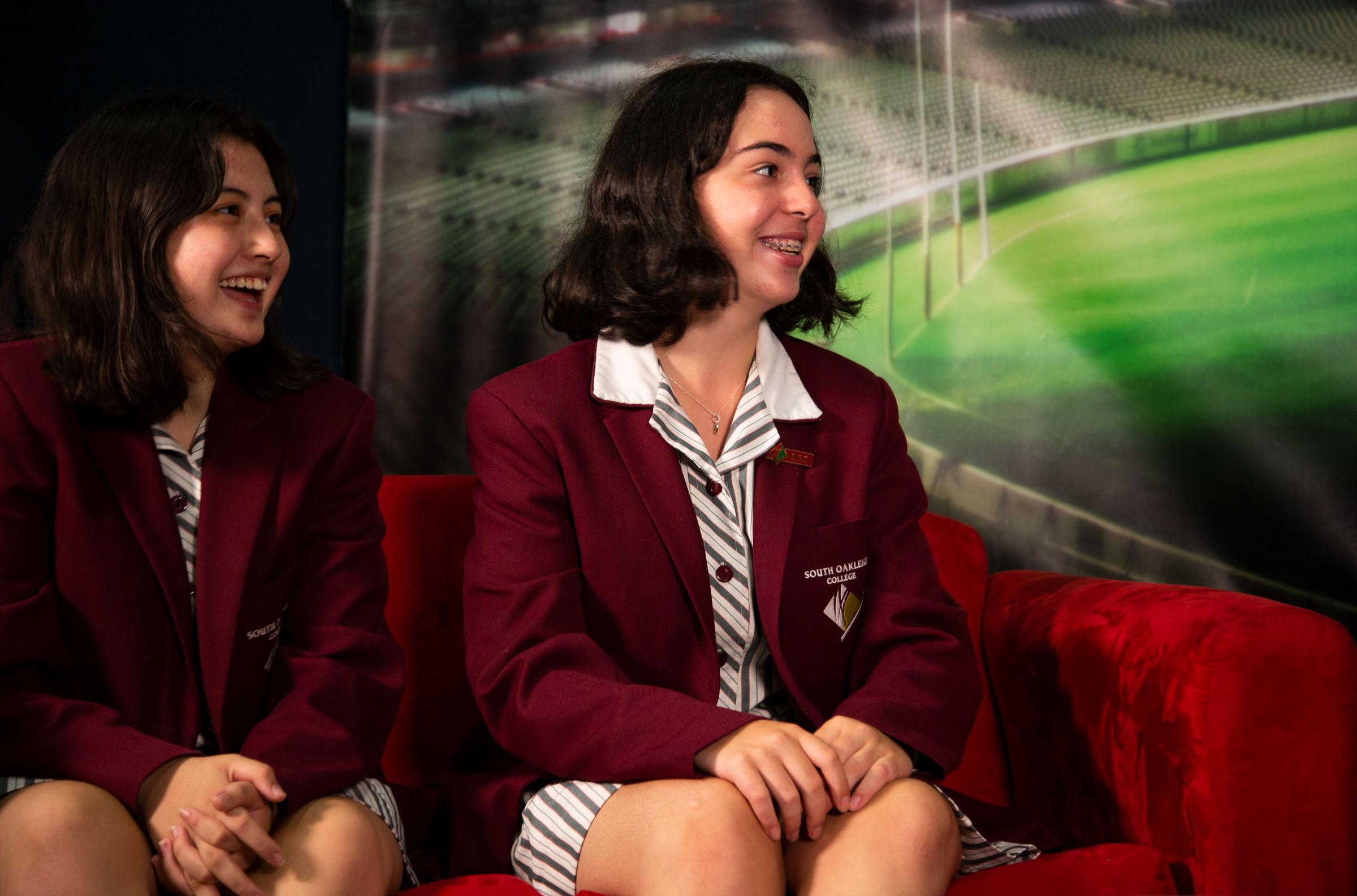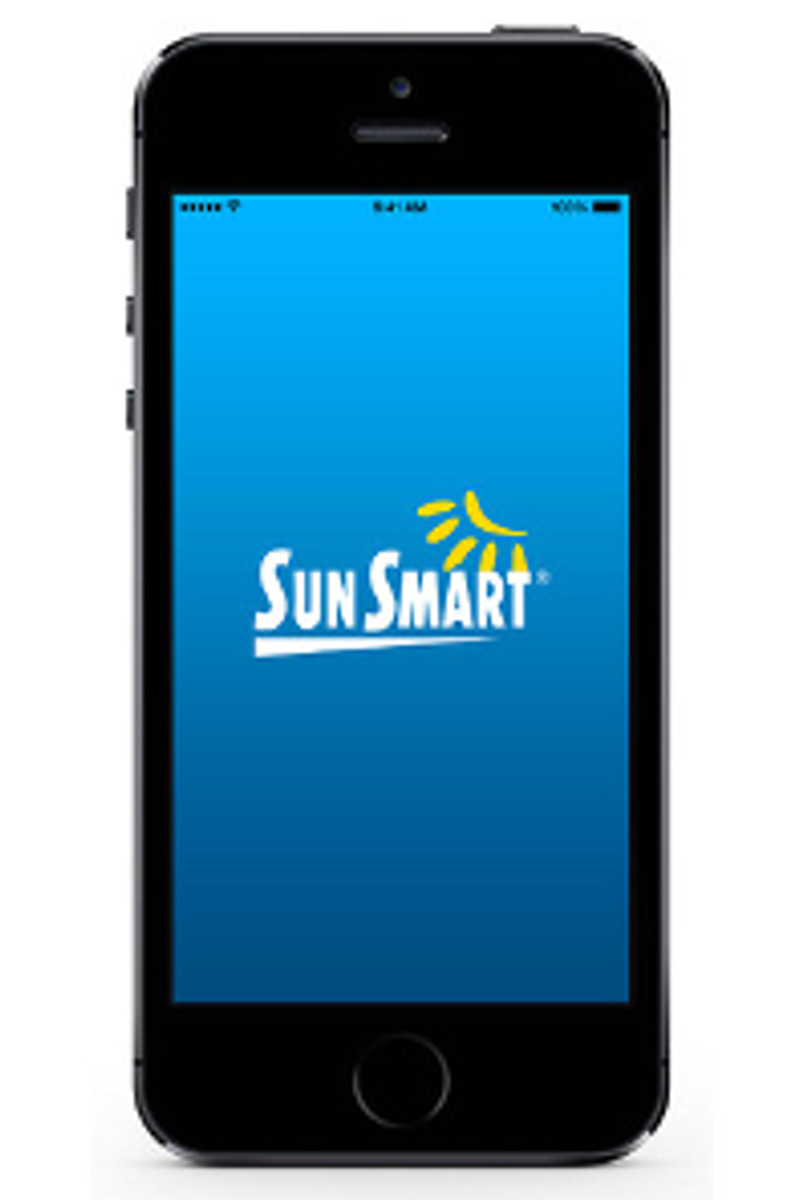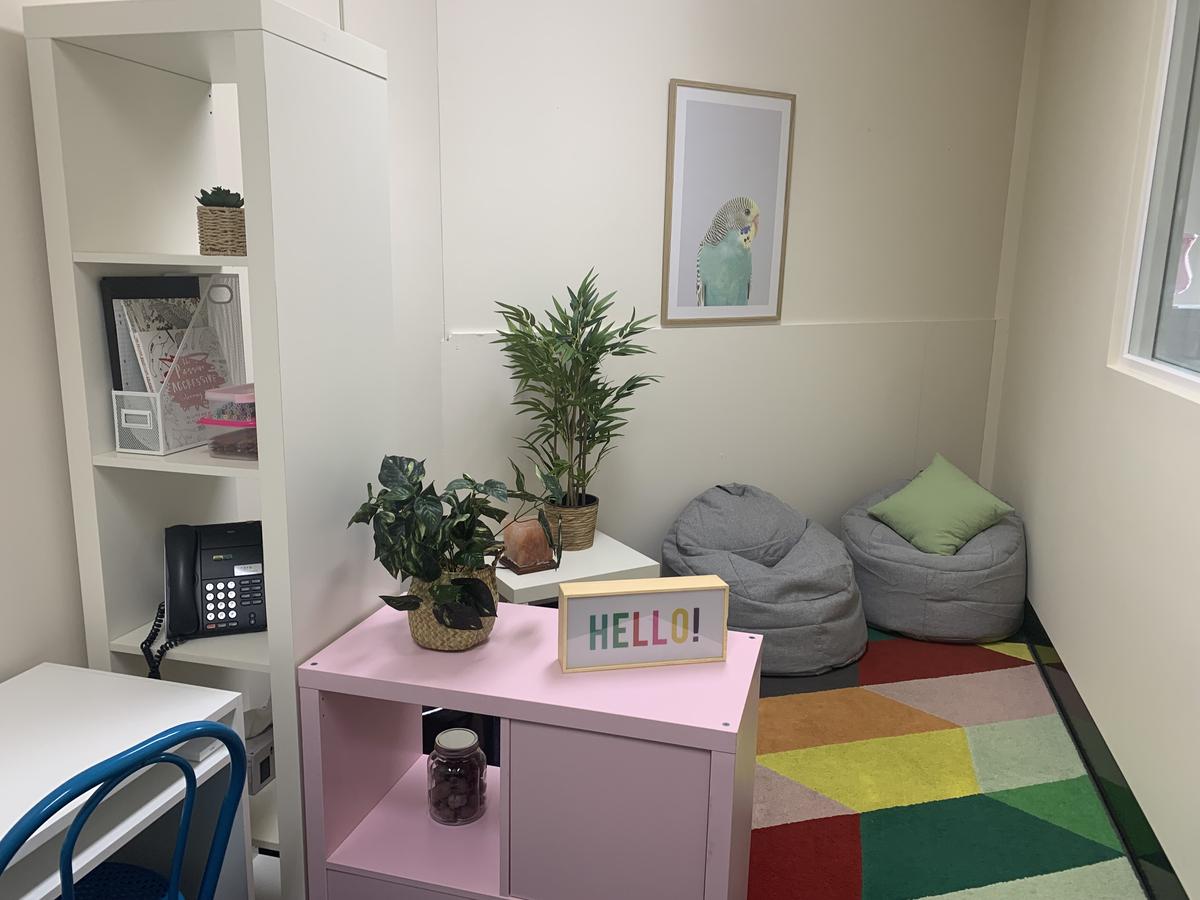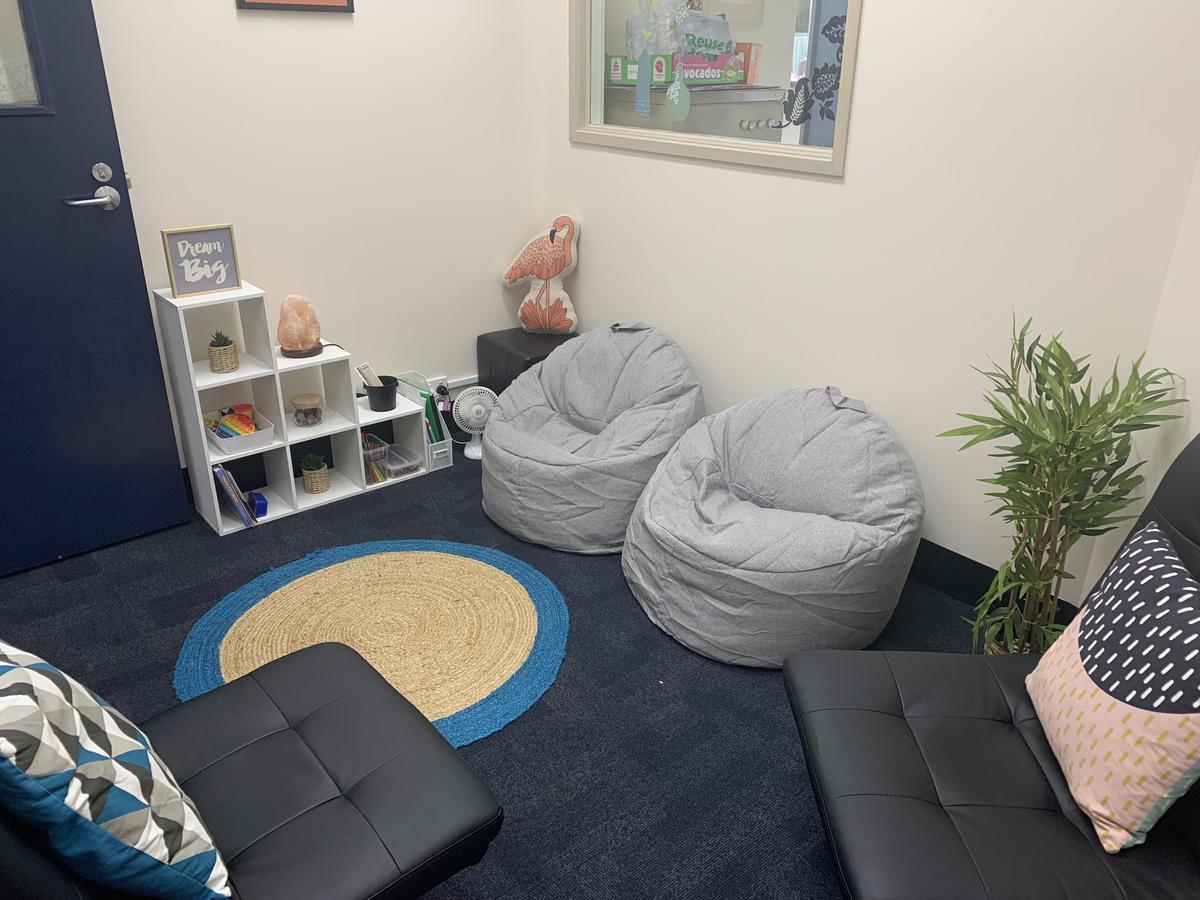Wellbeing

Be Sun Smart for This Summer
Australia has one of the highest rates of skin cancer in the world. The sun’s ultraviolet (UV) radiation is the main cause of skin cancer, sunburn, premature ageing, and eye damage.
When to use sun protection?
Sun protection is recommended whenever UV levels reach 3 or higher. In Victoria, the UV levels are higher from September to April, especially in the middle of the day.
You can check the free SunSmart app each day for local sun protection times.
What sun protection should we use?
- Slip on sun protective clothing that covers as much of your body as possible.
- Slop on SPF 30 (or higher) broad-spectrum, water-resistant sunscreen liberally at least 20 minutes before sun exposure. Reapply every two hours when outdoors.
- Slap on a broad brimmed hat that shades your face, neck and ears.
- Seek shade.
- Slide on sunglasses that meet Australian Standards.
- Avoid artificial tanning devices.
- Keep babies under 12 months out of direct sun as much as possible.
- Check your skin regularly and see doctor if you notice anything unusual, including any new spots, or change in shape, colour or size of a spot.
The above information has been sourced from SunSmart and is available at http://www.sunsmart.com.au/
Penny Hsiao
Health Promotion Nurse
An important message from the Link Health and Community Smile Squad team
Thank you for having Smile Squad visit your school. Smile Squad is the Victorian Government’s FREE school dental program.
Link Health and Community delivers the Smile Squad program across the City of Monash on behalf of the government. If you have returned your child’s consent form for Smile Squad and if your child regularly attends Link Health and Community for dental care, please be aware that we will no longer send dental check-up reminder letters from our clinic in Clayton. However, your child is still welcome to access dental care at our clinic, located at Level 1, 9-15 Cooke St, Clayton.
Please phone us on 1300 552 509 if you have any questions or if you would like to book a dental appointment at our clinic.
Nattaya Khamphouk
Coordinator Outreach Programs, Link Health and Community
Looking After Yourself during the Exam Period
Exams and studying for exams can be a particularly stressful time for young people. To help reduce stress and ensure that you’re as organised as you can be, here are some scientifically proven steps to study success:
1. Not All Stress Is Bad
While it’s often given a bad rap, the right amount of stress can actually motivate you to get stuff done. The key thing is to recognise when stress has tipped over from being a motivating force to an overwhelming emotion.
2. 20-Minute Study Rule
No one can study for six hours straight and be effective. Break up your time into twenty-minute chunks for the most effective use of your brain.
3. Say It Out Loud
The best way to really remember and learn is to talk about what you’re learning out loud, without using any notes.
4. Breaks = Good, Constant Distraction = Bad
Taking planned and timed breaks will help you remain on task, but checking your social every 5 minutes is a sure-fire study fail. Research shows that it can take up to twenty minutes to refocus on your task once you’ve been distracted.
5. Sleep Is Your Friend
If you get a good night’s sleep before your exam, you are scientifically proven to retain more of what you studied the day before than if you stay up crazy late.
Other things you can do include eating the right foods, perfecting your time management skills, knowing when to take a break from studying, and getting some physical activity or social time in.
Another simple ABC strategy developed by Headspace to help improve mental health and wellbeing for students during the exam period is:
Ask: notice how you feel. If you or someone you know are feeling low or stressed, take action. Ask for help. Don’t go it alone. Talking things over can help.
Breath: when you are feeling low or stressed. Feelings come in waves, learning to notice and let them pass using breathing techniques can help.
Connect: to improve wellbeing, stay connected. Stay involved with things that are meaningful for you; family, friends, school, sport and other activities.
Where to get help? Student Wellbeing Team, your local doctor, Headspace and Monash Youth Services.
For more information, please refer to https://headspace.org.au/explore-topics/for-young-people/prepare-for-exams/
All the best for your exams!
Penny Hsiao
Health Promotion Nurse
Welcome to Student Wellbeing space
We’d like to introduce to the whole school community our newly refurbished Student Wellbeing space. Some renovation and refurbishment were carried out earlier this year, and these wellbeing rooms offer a safe and calm space for students and families for wellbeing consultations and meetings.
SOC Wellbeing Team





